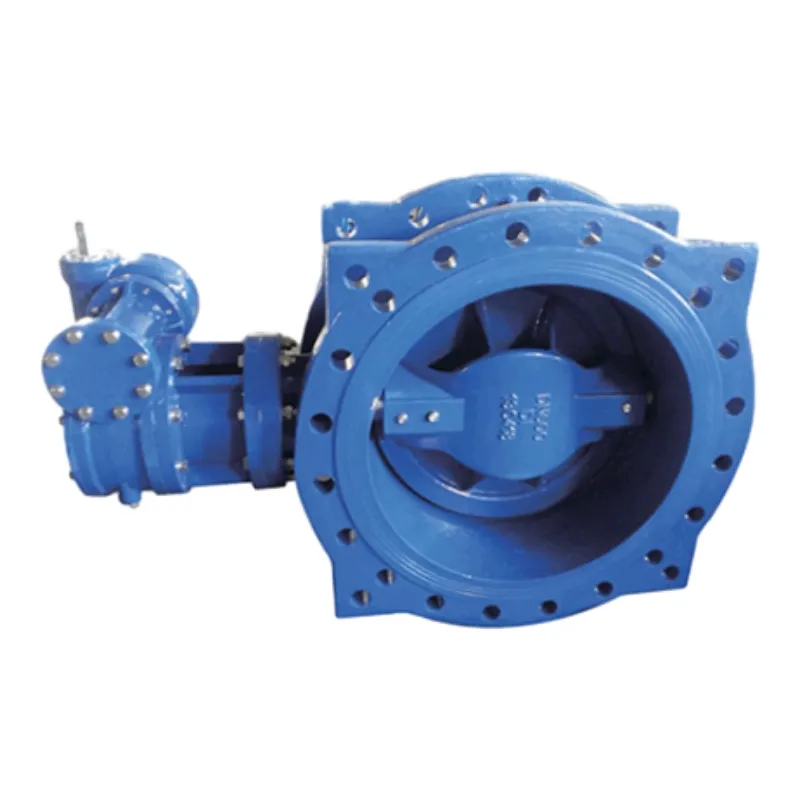Dec . 18, 2024 18:26 Back to list
knife gate valve
Introduction to Knife Gate Valves An Essential Component in Industrial Applications
Knife gate valves are critical components in various industrial applications, serving as effective tools for controlling the flow of liquids and slurries in pipelines. These valves are designed to provide a tight seal when closed and a full, unobstructed flow when fully opened. Their simple yet robust design makes them a popular choice in industries such as wastewater treatment, chemical processing, mining, and pulp and paper. This article will explore the functionality, advantages, applications, and maintenance considerations of knife gate valves.
Functionality of Knife Gate Valves
Knife gate valves operate using a gate that slides between two seats. When the valve is opened, the gate is lifted out of the flow path, allowing materials to pass through without obstruction. Conversely, when the valve is closed, the gate descends and compresses against the seats, forming a tight seal. This design is particularly effective for handling viscous fluids and slurries that may contain solid particles, making knife gate valves suitable for applications where traditional shut-off valves may struggle.
Advantages of Knife Gate Valves
One of the primary advantages of knife gate valves is their ability to handle solid-laden fluids and slurries. The blade-like gate design allows particles to pass without causing clogs or damage, which can be a significant issue with other types of valves. Additionally, knife gate valves are less prone to wear and tear compared to other valve designs, as their sealing surfaces can withstand abrasive materials.
Another benefit is their low maintenance requirements. Knife gate valves typically have fewer moving parts, reducing the likelihood of mechanical failure and the need for constant repairs. Their design also ensures minimal leakage, contributing to the efficiency and safety of industrial operations. Furthermore, knife gate valves can be operated manually or automatically, allowing for flexibility in controlling processes.
Applications of Knife Gate Valves
knife gate valve

Knife gate valves are widely used across various industries. In wastewater treatment plants, they control the flow of sludge and sewage, ensuring that the treatment process runs smoothly. In the chemical processing industry, these valves manage the flow of corrosive and abrasive materials, promoting safety and efficiency.
In the mining sector, knife gate valves are essential for controlling the flow of slurry and tailings, preventing blockages and ensuring consistent operation. The pulp and paper industry also benefits from knife gate valves, as they handle the flow of thick, fibrous materials during the production process.
Maintenance Considerations
While knife gate valves are relatively low-maintenance, regular inspections and upkeep are vital to prolong their lifespan and ensure optimal performance. Operators should regularly check for signs of wear on the gate and seats, as well as any leaks that may develop over time. Lubricating the valve's moving parts can help maintain smooth operation and reduce friction.
It is also essential to monitor the valve's operating conditions, such as pressure and temperature, to ensure they remain within the specified limits. Any significant changes could indicate potential issues that need immediate attention. Additionally, when replacing parts or conducting repairs, it's crucial to use components designed for the specific valve model to maintain compatibility and performance.
Conclusion
Knife gate valves are indispensable in many industrial applications due to their unique design and operational efficiency. Their ability to handle solid-laden fluids and slurries makes them vastly superior in specific situations compared to traditional valve types. By understanding their functionality, advantages, and maintenance needs, operators can ensure that knife gate valves provide reliable and effective performance throughout their operational life. As industries continue evolving and demand for efficient fluid control grows, knife gate valves will remain a key player in industrial infrastructure.
Share
-
Reliable Wafer Type Butterfly Valves for Every IndustryNewsJul.25,2025
-
Reliable Flow Control Begins with the Right Ball Check ValveNewsJul.25,2025
-
Precision Flow Control Starts with Quality ValvesNewsJul.25,2025
-
Industrial Flow Control ReliabilityNewsJul.25,2025
-
Engineered for Efficiency Gate Valves That Power Industrial PerformanceNewsJul.25,2025
-
Empowering Infrastructure Through Quality ManufacturingNewsJul.25,2025